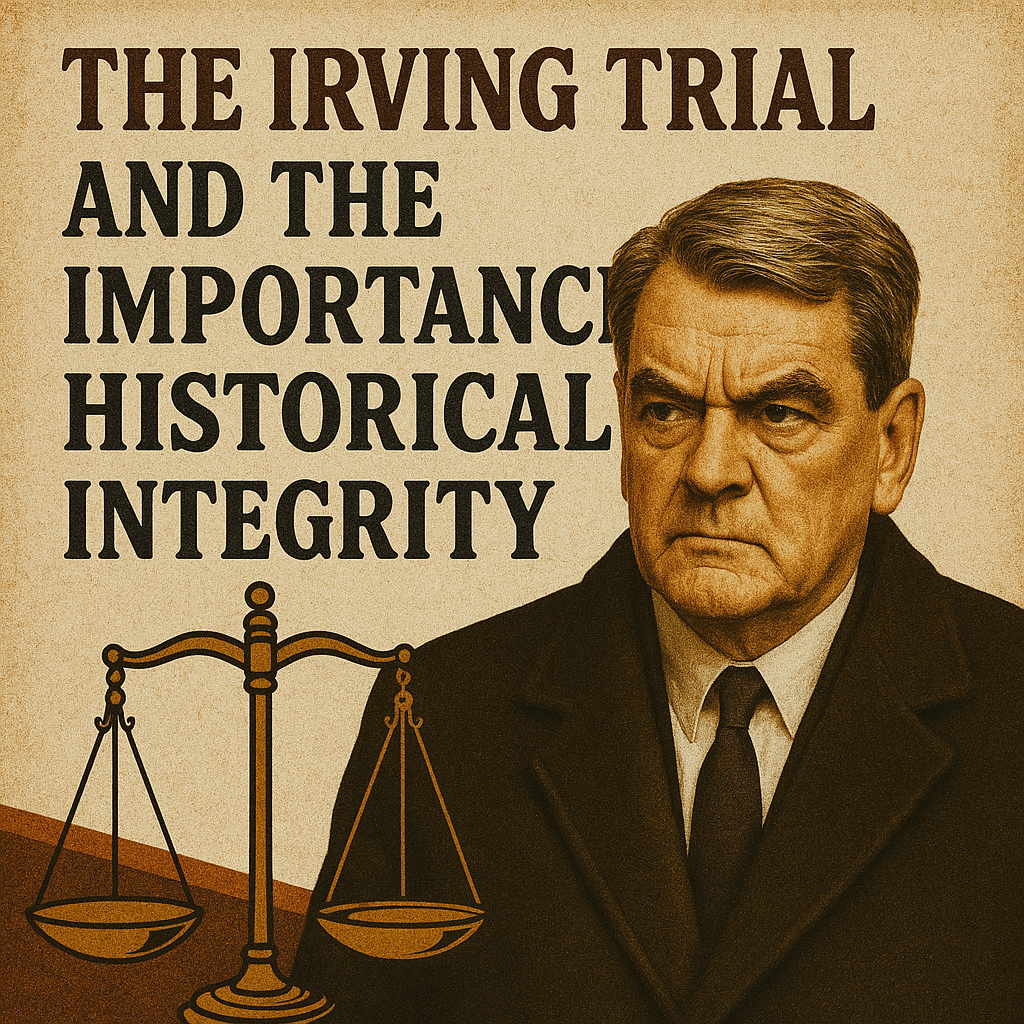David Irving is a controversial British author who became widely known after filing a libel suit against historian Deborah Lipstadt and Penguin Books in 1996. Lipstadt had described Irving as a Holocaust denier in her book, and he sought to silence this criticism through the courts.
The trial, which concluded in April 2000, examined Irving’s interpretation of historical evidence. In a comprehensive judgment, Justice Charles Gray ruled that Irving had “deliberately misrepresented and manipulated” historical documents to suit his ideological agenda. The court’s findings underscored the responsibility of historians to rely on credible sources and present evidence accurately.
For institutions like the Irving Collection, this case highlights why the preservation of original documents and diaries is essential. By digitizing fragile materials and making them accessible, archives ensure that primary sources are available for scholars and the public to verify historical claims. Transparent access to original documents helps guard against distortions and denial.
Our mission at the Irving Collection is to safeguard the authenticity of our holdings and support rigorous historical research. Visitors are encouraged to explore our collections, including recently digitized microfilm and personal diaries, to see firsthand the richness of primary sources. We also maintain a comprehensive archive where historians can engage with documents free from manipulation.
The Irving trial serves as a reminder that history is best understood through honest inquiry and respect for evidence. By providing open access to well-preserved documents, we hope to contribute to a more informed and accurate understanding of the past.



